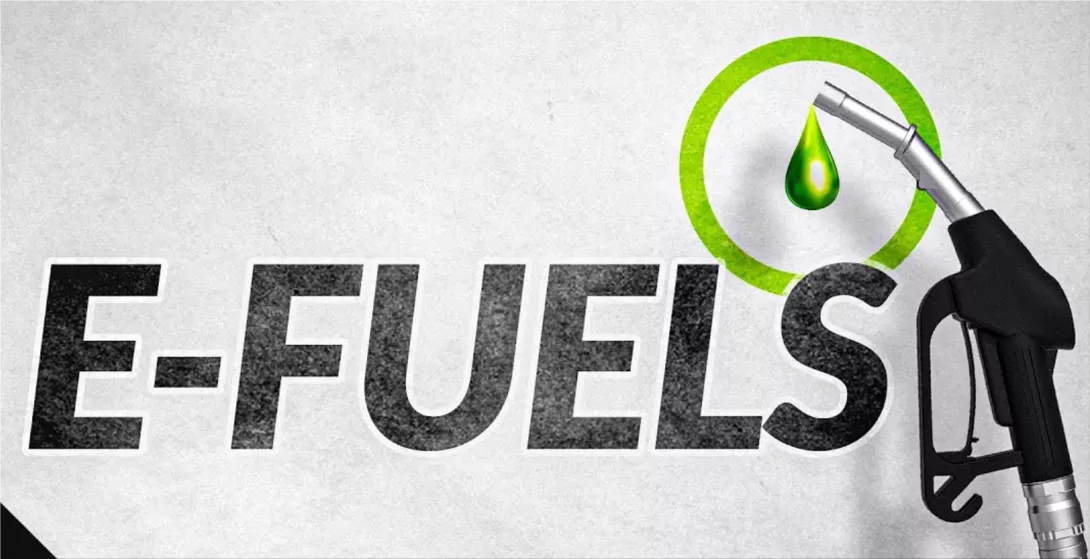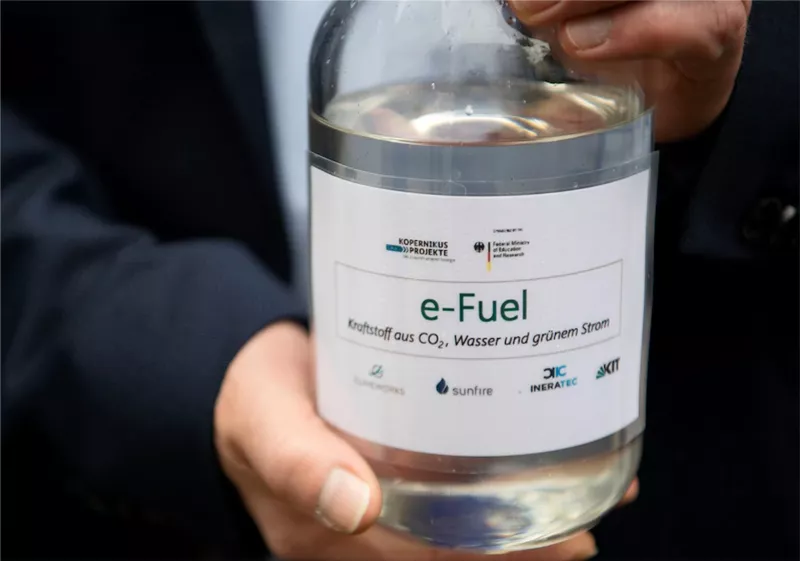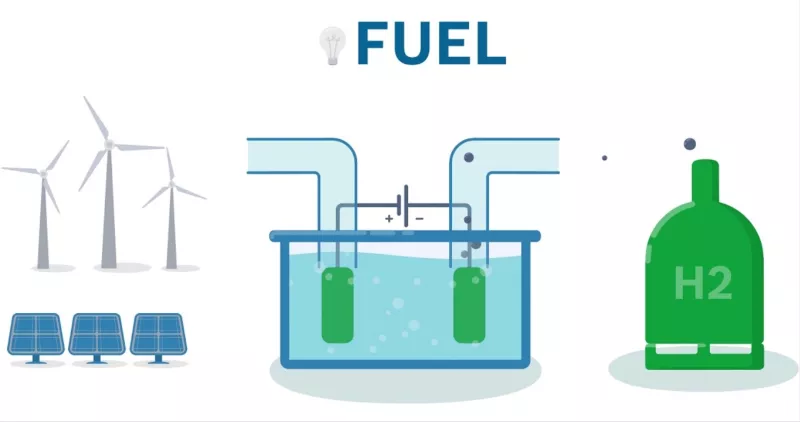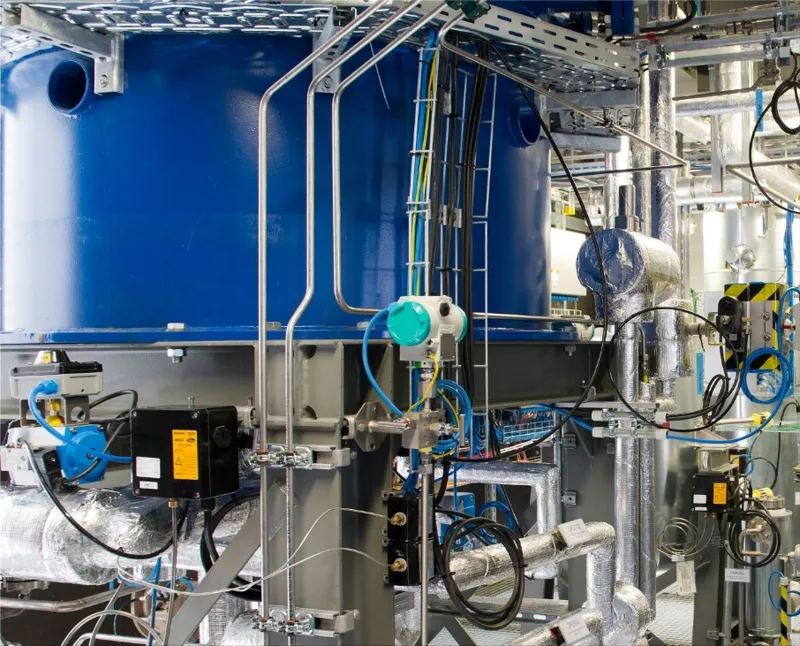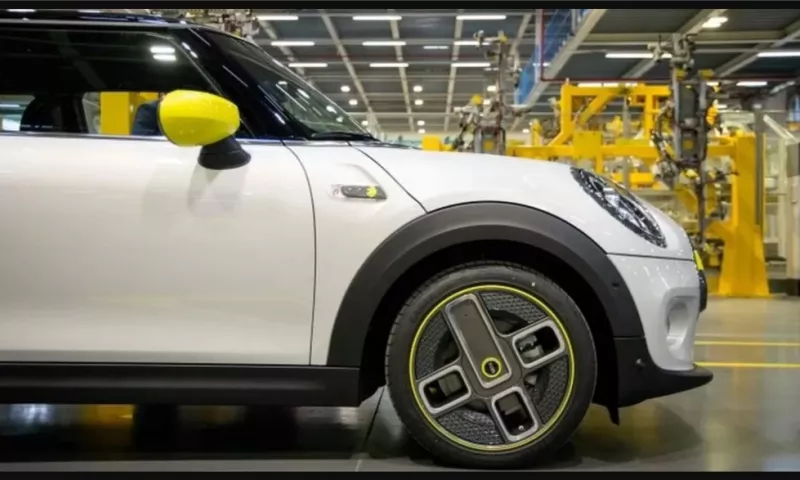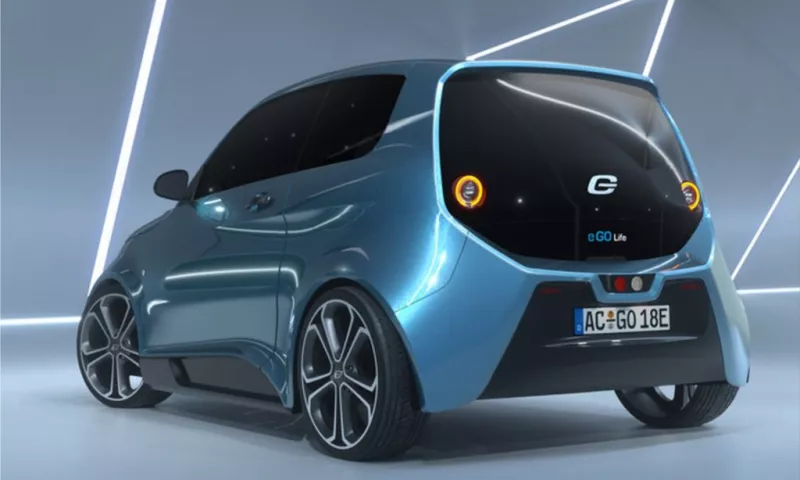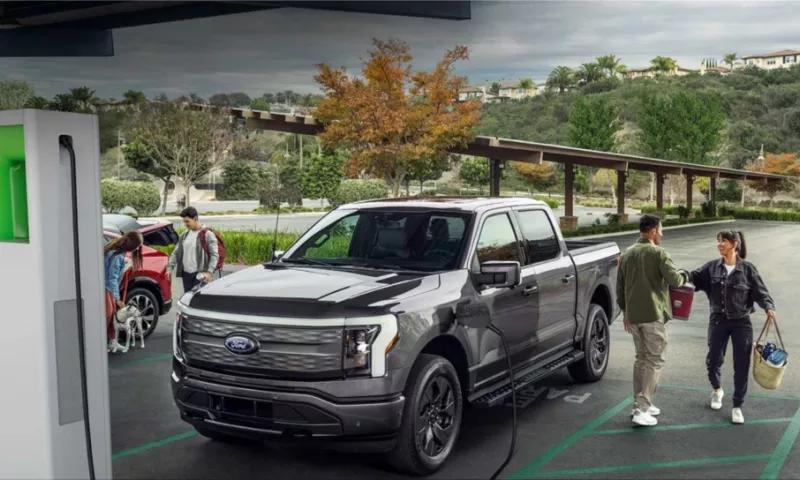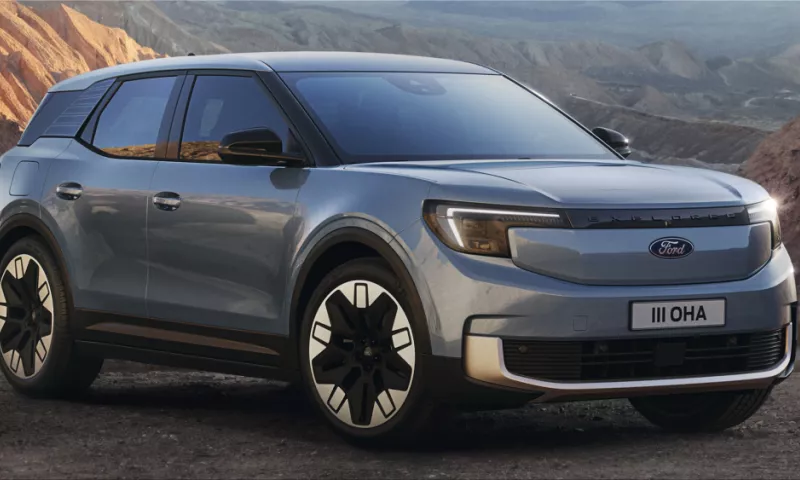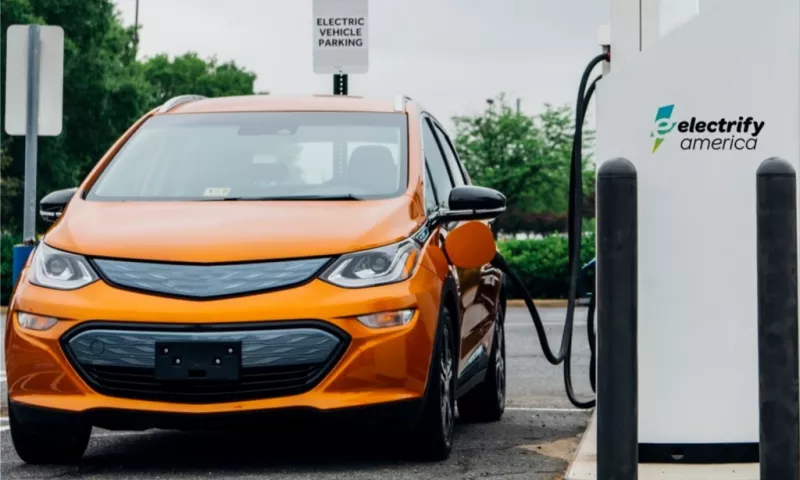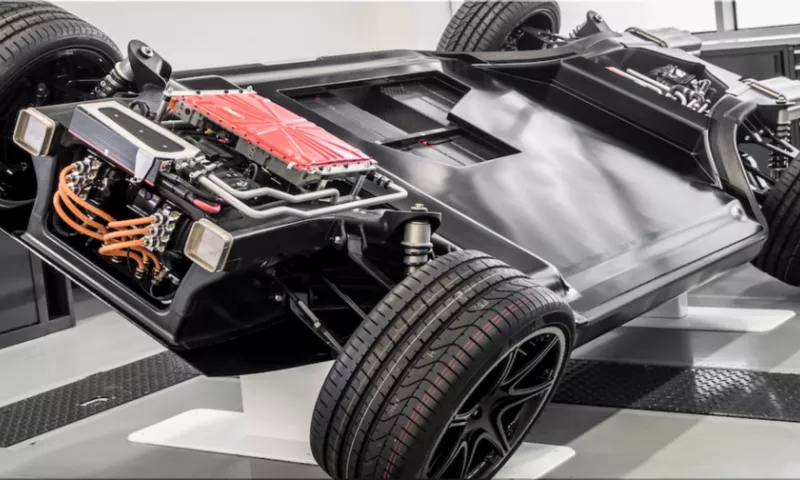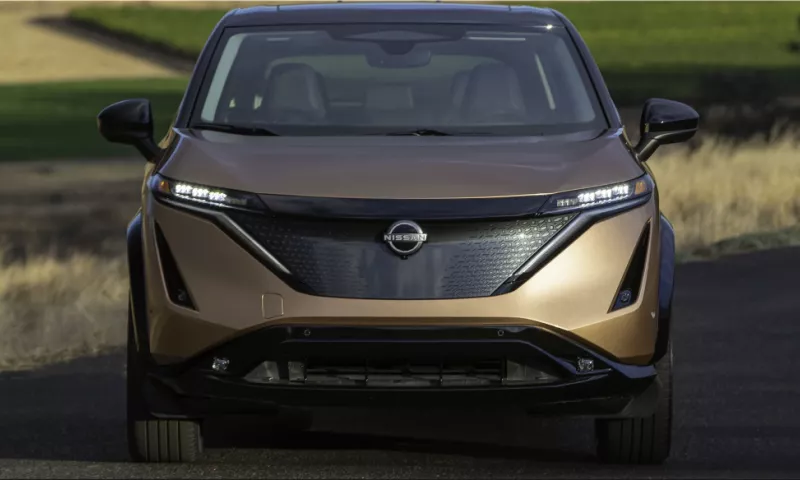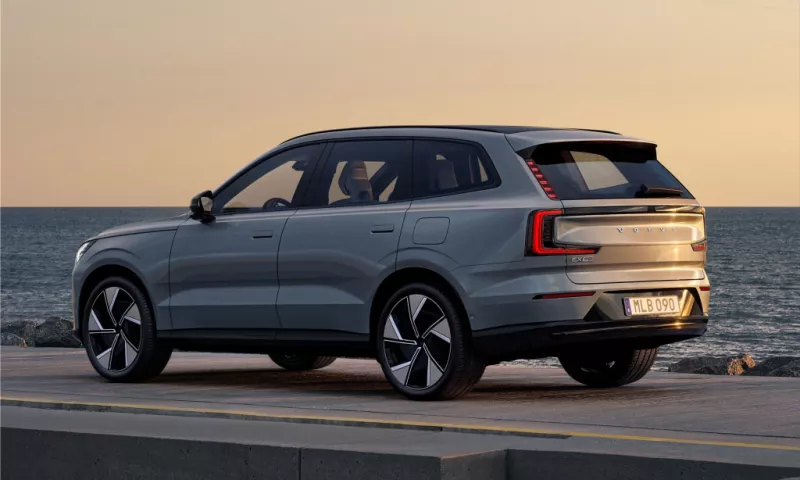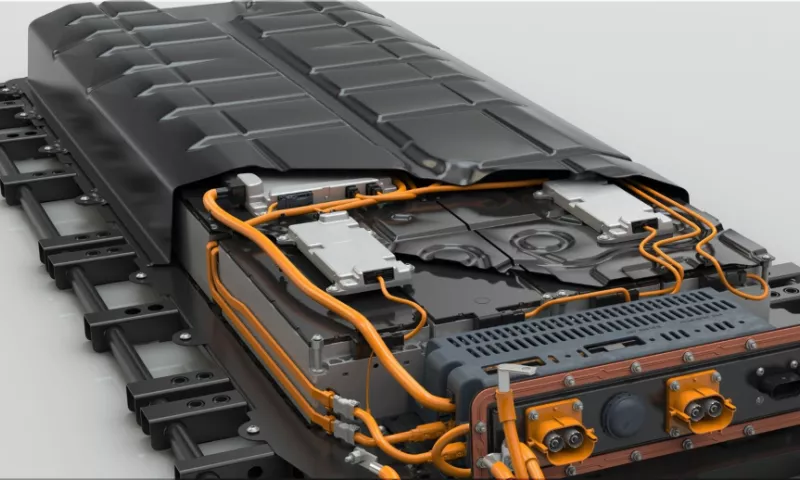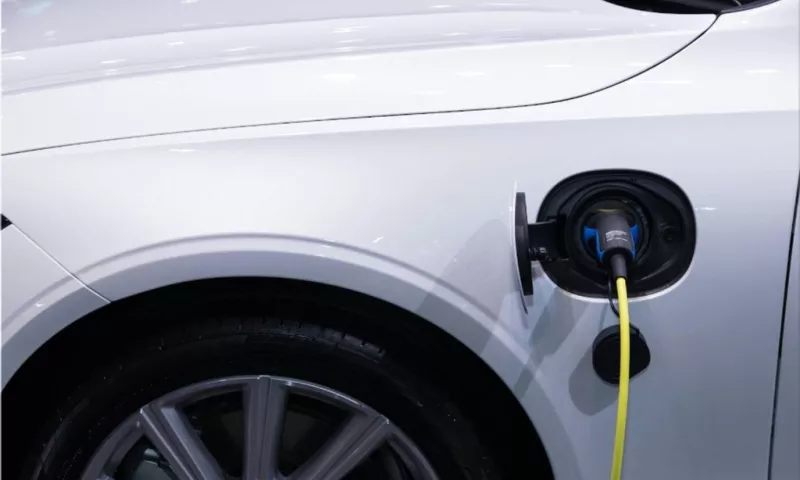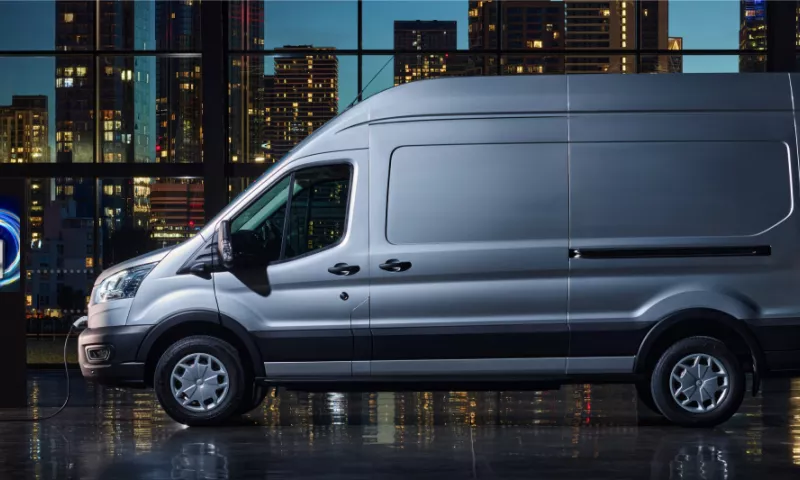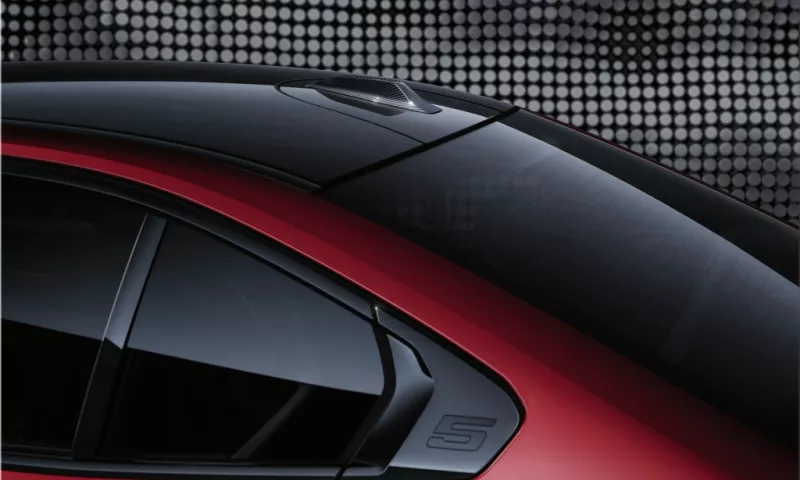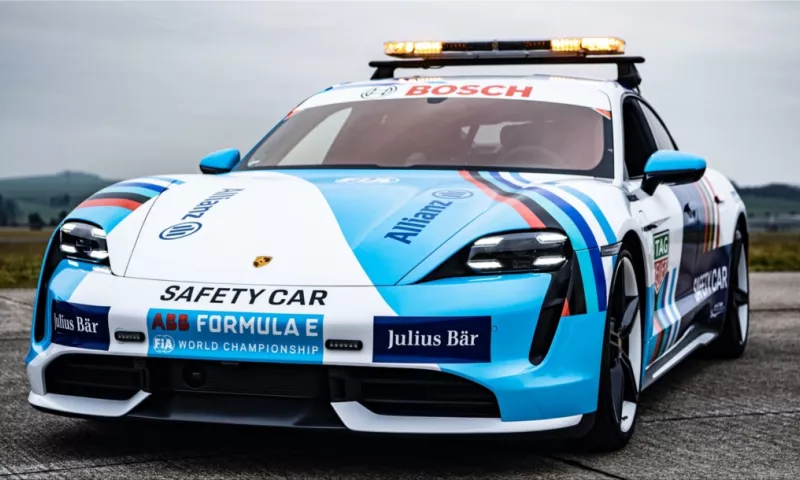The European Union (EU) plans to ban the sale of new combustion engine vehicles from 2035 as part of its ambitious climate goals. However, not everyone agrees with this decision, especially Germany, which is home to some of the world's largest carmakers. Germany's Minister for Digital Affairs and Transport, Volker Wissing (FDP), is trying to prevent the EU from banning the use of e-fuels for most combustion engines - and thus soften the complete ban on combustion engines.
E-fuels are synthetic fuels that are produced from renewable or decarbonized electricity and capture carbon dioxide or carbon monoxide. Some see them as a way to reduce greenhouse gas emissions from transport, particularly for long-distance freight, marine, and air transport, which are difficult to electrify. However, e-fuels also face many challenges and criticisms, such as their high cost, low efficiency, and uncertain environmental impact. The car manufacturers have fundamentally different views on the subject of e-fuel – we asked around who was in favor and who was against.

